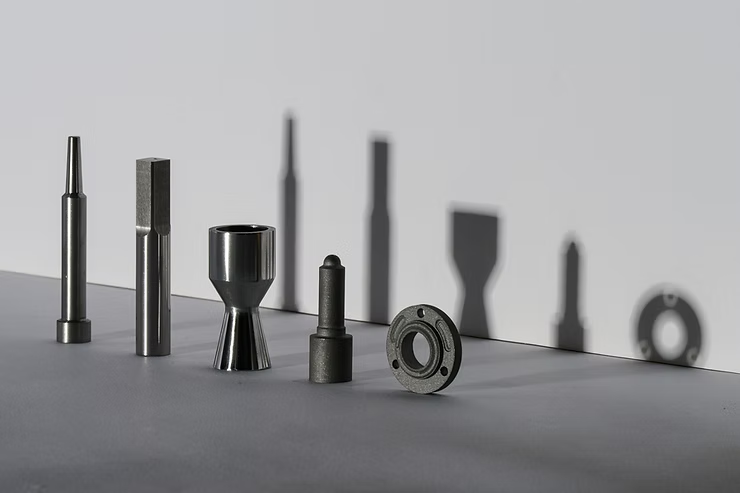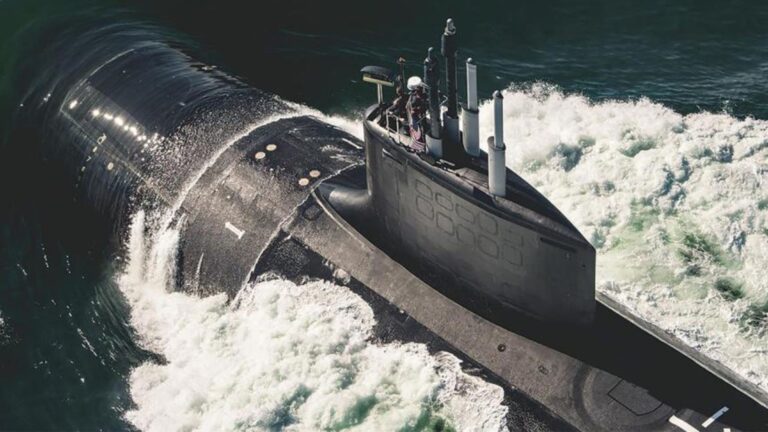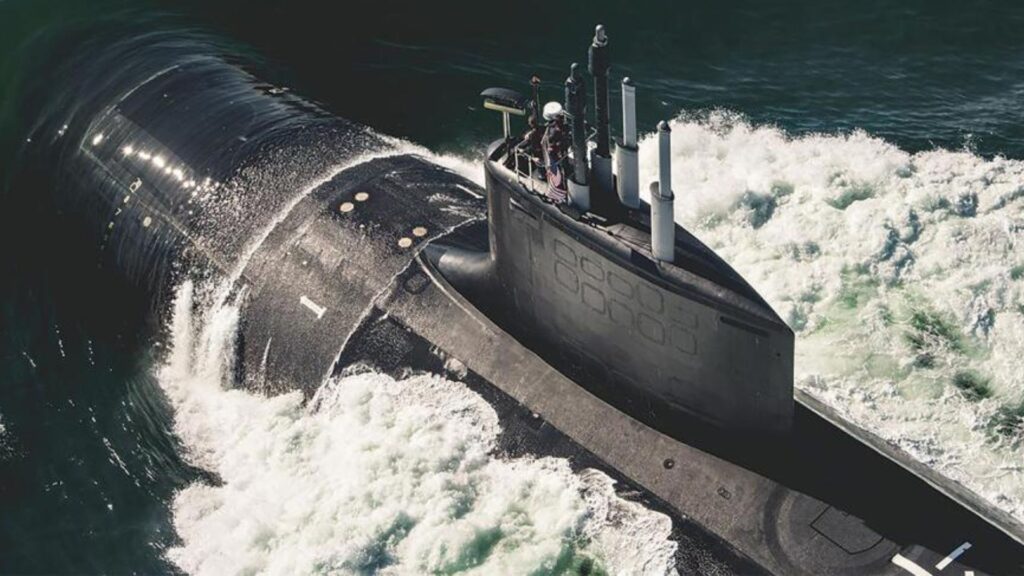In the world of cutting-edge machines—rockets, fighter jets, electric cars, and AI processors—the strength and reliability of the material used matter as much as the design itself. The metals that hold these systems together often define their safety, efficiency, and power. Yet, most industries still rely on traditional metal alloys created through processes that are slow, expensive, and technologically outdated. For companies pushing the limits of engineering, that becomes a major barrier.
Foundation Alloy, a startup spun out of MIT, is breaking that barrier. It is introducing a faster, smarter, and radically different way of creating metals—one that doesn’t involve melting. Instead, the company uses solid-state metallurgy, a high-precision, low-energy technique that transforms raw elements into high-performance alloys in their solid form. This changes the rules of what’s possible in material design and industrial performance.
The company was co-founded by Jake Guglin, Professor Chris Schuh, Jasper Lienhard , and Tim Rupert. With years of advanced research behind them, the team has built a scalable platform to develop a new class of alloys—stronger than conventional metals, custom-built for the toughest conditions, and manufactured in a fraction of the time.
Traditional metallurgy depends on melting and casting. This limits how different elements interact and makes it difficult to control the final structure of the metal. It also consumes massive amounts of energy and slows down development. In contrast, solid-state metallurgy allows Foundation Alloy to engineer metals from the atomic level up, without needing to heat them into liquid. This leads to better control, better performance, and faster results.
READ ALSO: Japan’s Fukushima Water Release Safe: Study
READ ALSO: Owning the Skies with Integrated Air Dominance
According to Guglin, this new approach opens up a far larger design space. It allows engineers to combine elements that would normally separate during melting, and to build metals with microstructures fine-tuned for specific performance targets. These custom alloys can be designed to handle high heat, mechanical stress, or long wear—properties that are hard to achieve together in traditional systems.
Foundation Alloy says it can cut development time by a factor of ten. Instead of taking years to bring a new metal to market, companies can now iterate, test, and validate alloys in just a few months. That’s a game-changer for industries where timelines are tight and every performance gain counts. The company also reports its metals can be up to twice as strong as conventional ones, without increasing weight or manufacturing cost.
Already, Foundation Alloy is working with companies in automotive, aerospace, and consumer manufacturing. It’s delivering demonstration parts for planes, bikes, and cars, helping manufacturers explore new options for lightweight, high-strength components. The company is also developing test parts for longer-cycle partners in the defense and space sectors, where performance demands are extremely high and design changes move more slowly.
The need for better metals is especially urgent in aerospace and propulsion. In systems like jet engines and rocket thrusters, performance improves when they run hotter. But existing materials start to weaken at high temperatures, limiting output and safety. Foundation Alloy’s materials are built to withstand more heat while maintaining their strength, enabling more efficient fuel use and longer lifetimes for critical systems.
READ ALSO: MAXXDRIVE Industrial Gear Units Enhance the Efficiency of Mixing and Agitation Systems
Another important application is industrial tooling. Though less glamorous, this sector is essential to every manufacturing process. Tools like molds, dies, and machining parts face high friction, stress, and wear. Improving their durability and resistance to damage can significantly increase productivity across entire supply chains. Foundation Alloy’s approach makes it possible to boost these properties without significantly increasing costs—something very few materials companies can offer.
There’s also a sustainability angle to the company’s work. Because solid-state metallurgy skips the melting process, it reduces energy use and carbon emissions. This efficiency, combined with faster development and less waste in trial-and-error testing, makes Foundation Alloy a smarter choice for manufacturers under growing pressure to decarbonize. It allows innovation without the usual environmental cost of scaling up new materials.
The company sees its technology playing a critical role in emerging areas like nuclear fusion, hypersonic flight, and AI hardware—fields where thermal stress, mechanical endurance, and reliability are all stretched to the extreme. For these systems to succeed, they need materials that can match their demands, not limit them. Foundation Alloy’s platform gives engineers new tools to build components that were previously impossible—or too expensive and slow to develop.
This shift isn’t just about metals; it’s about changing the pace of innovation. Foundation Alloy is transforming materials development from a slow, high-risk process into something agile, responsive, and deeply integrated with product design. In doing so, it allows industries to stop compromising around materials and start building systems that perform the way they’re truly meant to.
As modern technology pushes higher and faster—whether it’s in the sky, in factories, or on semiconductor chips—the materials that hold it all together must evolve just as rapidly. Foundation Alloy is showing that with the right tools, deep science, and industrial insight, even the most established processes can be reinvented. And in this case, without a drop of molten metal.














